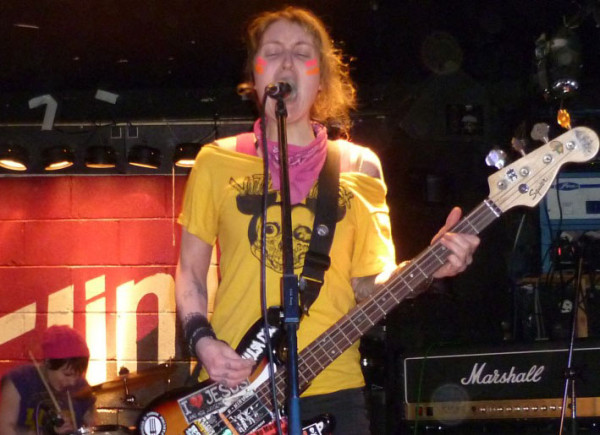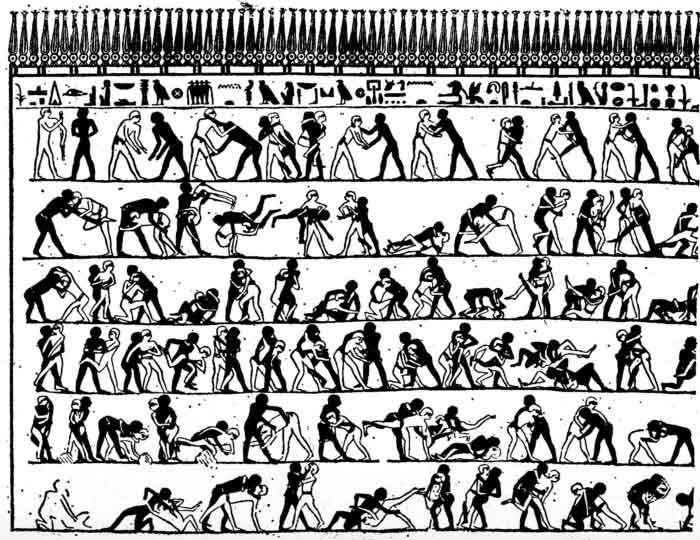
On April 11th, in York, UK, a new conference will attempt to tackle the heady subject of “Metal and Marginalisation: Gender, Race, Class and Other Implications for Hard Rock and Metal.” Sponsored by the Centre for Women’s Studies at the University of York, the conference aims to explore these traditional academic concepts in the context of the newer forms of metal.
The conference — see its web site — aims to explore how metal is inherently self-marginalizing, and then how it applies those lessons to traditionally marginalized groups and what it all means. Primarily hosted by Caroline Lucas, Rosemary Lucy Hill and Gabrielle Riches, the conference is open to submissions from academics and community members alike.
The topic of marginalization and its supposition that metal is inherently self-marginalizing fits with comments made by Matt Harvey of Exhumed recently:
Metal is all about tearing down sacred cows – religion, politics — tear it all down. You don’t want to get into hero worship.
Harvey’s point was that metal is constantly renewing itself through bloodshed. There is no tradition, no sacred cow, no holy ground because metal is destruction and the instant any such thing is established it will be destroyed to prevent it from becoming a controller. Metal stays free by being memoryless, valueless, knowledgeless and accommunicative — in short a perfectly nihilistic genre.
The conference aims to explore how “metal’s reliance on concepts of otherness often unites it aesthetically and ideologically” and “how the ideal of individualism plays out in symbolic practices that differentiate and mark the limits of community.” They might consider how a form of lawless power might also negate the individual while they also ponder these other ideas:
- What does it mean to exist on the edges of what is already exterior?
- What does it mean to hold a minority identity in the space of metal?
- Does the narrative of metal’s inclusivity have a basis in lived experience? Or are such groups tolerated rather than included?
- How does the language used in metal’s discourses (e.g. genre terms) construct frameworks that include or exclude?
- Encounters with racism at metal events
- How does metal contribute to or confront frameworks of racialisation?
- The use of sexism, racism and/or homophobia as shock tactic
- How does extremity promote cultures of inclusivity or marginalisation?
- Structural hegemonic whiteness, maleness and heterosexuality
- Can the struggles at the margins be attributed more positively to understanding metal as an agonistic site, with contestation at its core?
- Discourses of metal vs. the mainstream: a positive identification of marginalisation, the importance of alterity and the passion with which individual’s seek to position metal as alternative to the mainstream.
- Being ‘trve’, belonging and the exchange of cultural/symbolic capital in metal scenes.
- Metal as marginal – recent developments in policy: The Sophie Lancaster Foundation and the legal fight to protect alterity.
These are pretty standard academic concepts and have been since the late 1980s, which leads us to our only word of caution, which is that metal is best understood when we don’t project other templates upon it. Back in the 1980s and 1990s, some academics projected the rock music or punk templates on metal; these never quite made sense. We’re hoping the Metal & Marginalization conference will avoid that mistake and discover new things within metal to explore.
If you want to get onboard, contact the three organizers listed above and reserve your place.
2 CommentsTags: academia, alienation, conference, marginalization, metal academia, power



